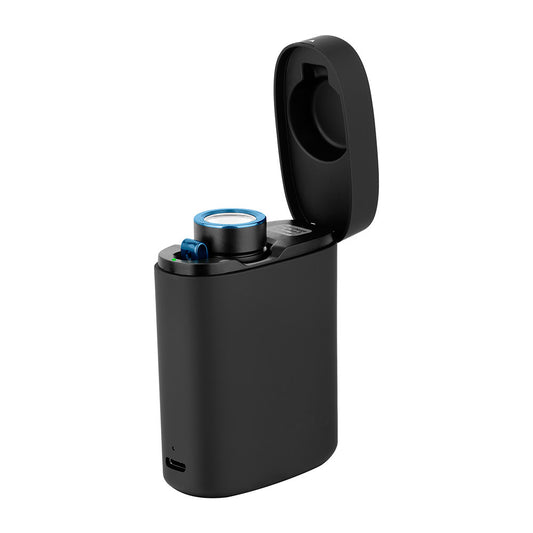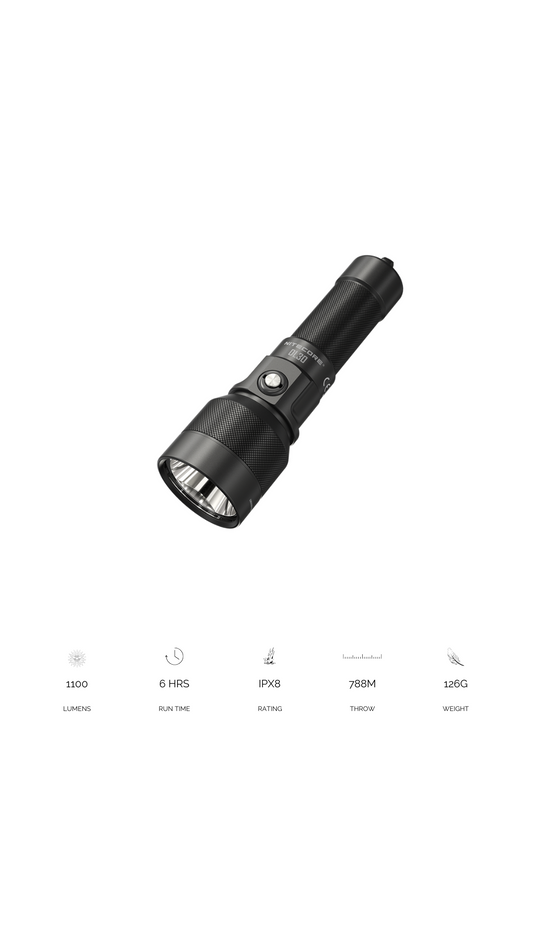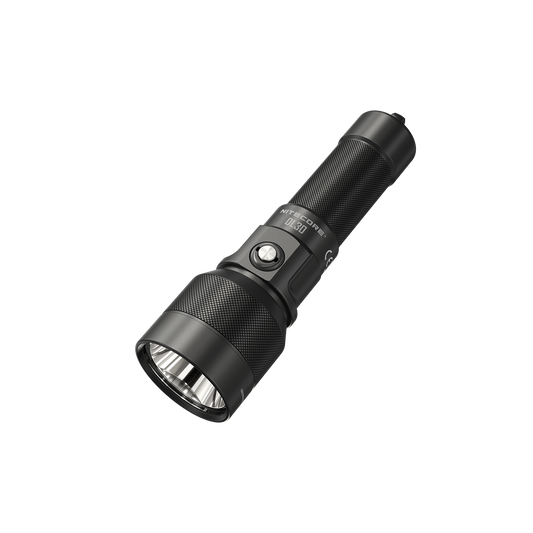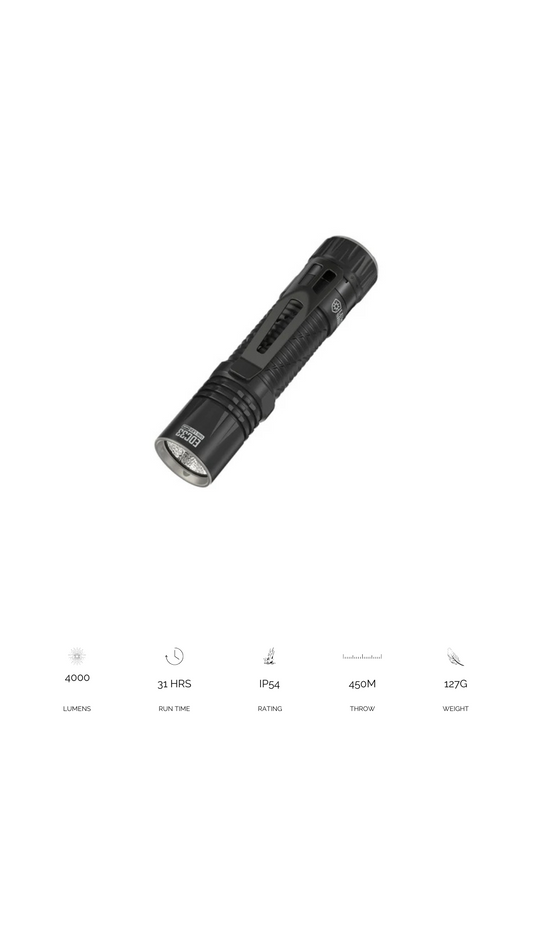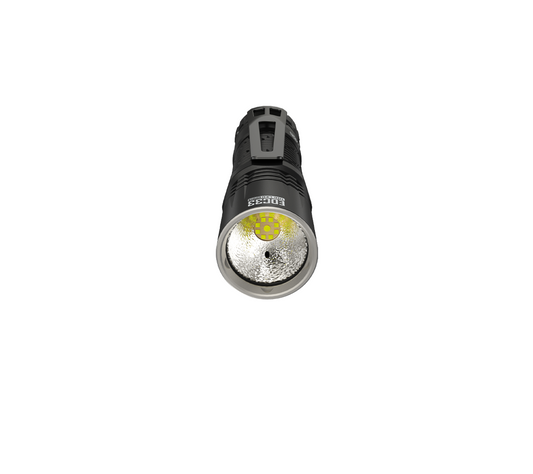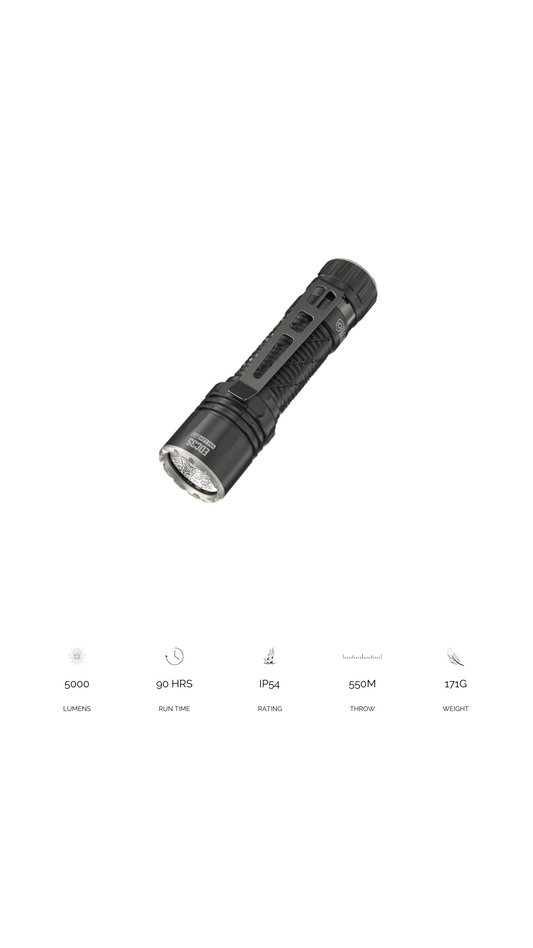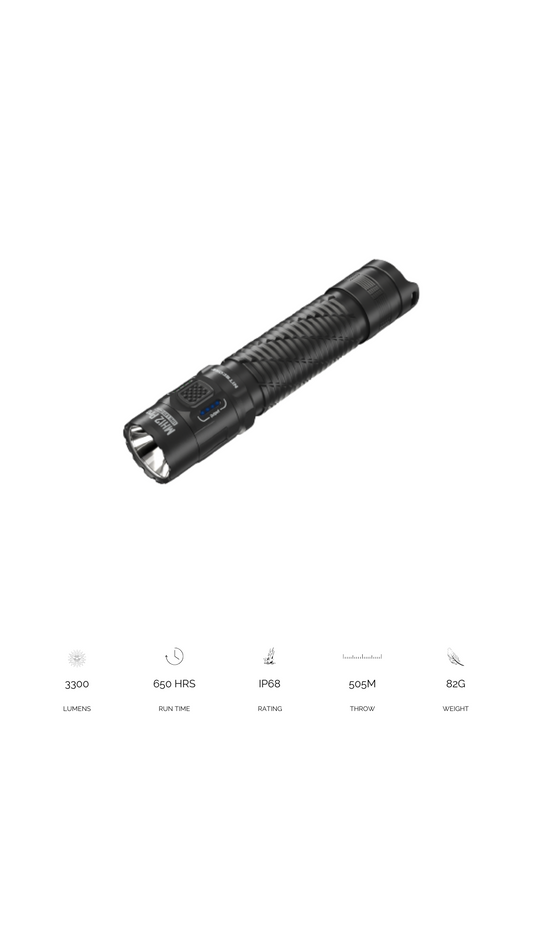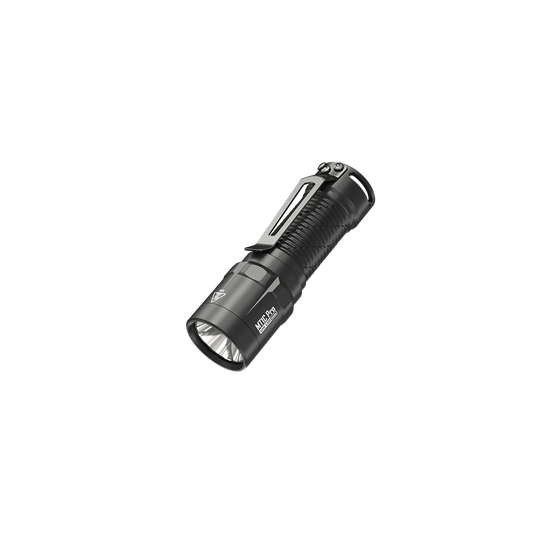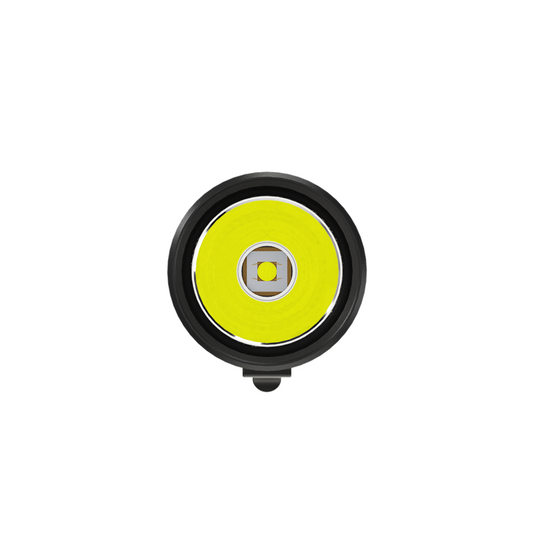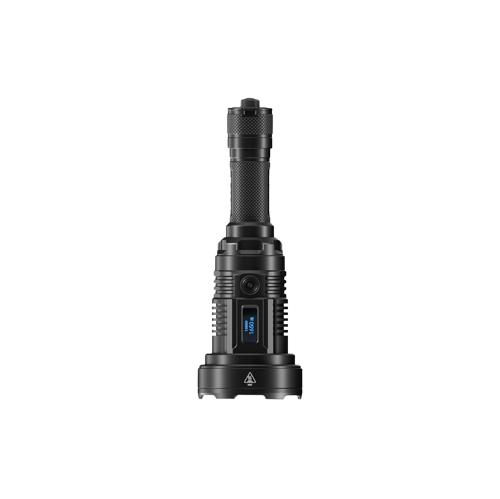
Empowering Yourself: Navigating the Maze of Toxic Relationships
Life is a tapestry woven with connections—some enriching, others draining. Unfortunately, not all relationships bring out the best in us. Many mind their own business and go about their day. Some may even go out of their way to sincerely assist others. And, of course, all those that fall in between. They aren't out to get you or pull a fast one. Then there's that group of individuals we should stay clear of. People we need to cut out of our lives like cancer. The toxic ones. Toxic people, with their negativity and manipulative behaviors, can leave us feeling depleted and emotionally distraught. Whether it's a friend, family member, colleague, or even an acquaintance, recognizing and removing yourself from these harmful dynamics is crucial for your wellbeing.
This guide equips you with the knowledge and tools to navigate the complexities of toxic relationships. We'll explore the tell-tale signs of these individuals, their impact on our lives, and, most importantly, strategies for protecting yourself and building a strong support network of positive connections.

The Toll of Toxicity: How Toxic People Affect Us
The negative effects of toxic relationships extend far beyond hurt feelings. Studies published in the Journal of Personality and Social Psychology (2019) and Psychosomatic Medicine (2017) link chronic exposure to negativity with increased stress hormone levels, weakened immune systems, symptoms of depression, anxiety, and low self-esteem.
A 2018 study in Health Psychology even found a correlation between social negativity and an increased risk of heart disease.
These findings highlight the importance of identifying and removing yourself from toxic situations.
Unmasking the Manipulators: Common Traits of Toxic People
Toxic personalities come in various forms, but they often share some common tactics:
• The Energy Vampire: These individuals drain your emotional reserves. Conversations revolve around their problems, dramas, or misfortunes, leaving you feeling emotionally exhausted.
• The Controller: Driven by a need for power, they manipulate situations and people to their advantage. They may use guilt trips, intimidation, or threats to get what they want.
• The Gossipmonger: Thriving on negativity and drama, they spread rumors, create conflict, and enjoy stirring the pot. They lack empathy and fail to understand the damage their gossip can cause.
• The Blamer: Never taking responsibility for their actions is a hallmark of the toxic Blamer. They deflect blame, make excuses, and leave you feeling responsible for everything, regardless of the situation.
• The Narcissist: Consumed by an inflated sense of self-importance, narcissists lack empathy and genuine interest in others. Conversations revolve around them, their accomplishments, or their perceived superiority. They disregard others' feelings and needs.
• The Energy Vampire (Disguised): This deceptive individual may initially appear supportive. However, their compliments often come with hidden barbs or a veiled need for something in return. They leave you feeling emotionally drained despite their seemingly positive interactions.
• The Drama Magnet: Some people seem to attract drama wherever they go. They constantly find themselves in crisis situations and thrive on the attention and sympathy it brings. They rarely offer solutions and instead seek to perpetuate the drama.
Understanding these manipulative traits empowers you to identify them and avoid their negativity.

Beyond the Label: Understanding the Roots of Toxicity
Toxic behavior often stems from deeper issues. Here are some potential causes:
• Unhealthy Upbringing: Individuals raised in dysfunctional families may lack healthy coping mechanisms for dealing with emotions. They may have witnessed or experienced manipulation, abuse, or neglect, leading them to perpetuate these patterns in their relationships.
• Low Self-Esteem: Insecurity and a lack of self-worth can manifest as toxic behavior. Individuals may resort to manipulation, control, or negativity to gain a sense of power or validation they lack within themselves.
• Mental Health Issues: Certain mental health conditions, such as anxiety disorders, personality disorders, or depression, can contribute to toxic behavior. These individuals may struggle with empathy, communication, or emotional regulation.
• Life Experiences: Traumatic events or difficult life experiences can leave lasting scars. Individuals may develop unhealthy coping mechanisms like negativity or manipulation to protect themselves from further hurt.

Protecting Yourself: Strategies for Managing Toxic People
While you can't control the behavior of others, you can control how you respond to them. Here are some strategies for managing toxic people:
• Limit Contact: Reduce phone calls, avoid social gatherings, and keep conversations brief and factual. If possible, delegate work tasks or projects that involve them.
• Don't Jettison Your Values: Toxic people often try to manipulate situations to their advantage. Don't compromise your own morals or beliefs to appease them. Refuse to participate in gossip, negativity, or unethical behavior, even if it creates tension.
• Set Boundaries: Be clear about what behavior you will and will not tolerate. Learn to say no and walk away from negativity. If a friend constantly cancels plans or guilt-trips you into lending money, communicate your boundaries and stick to them. You can say, "I understand you're in a tough spot, but I'm not comfortable lending money right now."
• The Broken Record Technique: This technique involves calmly and repeatedly restating your boundaries or refusal. For example, if a colleague gossips about another coworker, you can say, "I'm not comfortable discussing this. Perhaps we can talk about something else." Repeat this phrase as needed without getting drawn into the negativity.
• The Fogging Technique: This involves acknowledging the other person's feelings without taking responsibility for them. For example, if a family member blames you for their problems, you can say, "I understand you're feeling frustrated, but I can't take responsibility for your choices."
• Prioritize Self-Care: Taking care of yourself is essential when dealing with toxic people. Make time for activities that bring you joy and relaxation. Exercise regularly, practice mindfulness, and engage in hobbies you enjoy. Building a strong support system of positive and healthy relationships is crucial.
• Seek Professional Help: If you find yourself struggling to manage a toxic person or the effects of their behavior, consider seeking professional help. A therapist can equip you with coping mechanisms, communication skills, and strategies for setting healthy boundaries.

The Digital Age: A New Frontier for Toxic Relationships
The rise of social media and online communication has added a new dimension to navigating toxic relationships. Here's how negativity can manifest in the digital world:
• Cyberbullying: This involves sending or posting malicious messages intended to hurt or humiliate someone. It can be particularly damaging to teenagers and young adults.
• Social Media Envy: Curated online profiles often portray an idealized version of life, leading to feelings of inadequacy and social comparison. Toxic individuals may exploit this by constantly bragging or flaunting their perceived superiority.
• Online Drama: Social media platforms can become breeding grounds for gossip, negativity, and public arguments. Toxic people may use these platforms to spread rumors or engage in online harassment.
• Digital Disconnection: While social media can connect us, excessive negativity online can lead to feelings of isolation and detachment. Toxic comments or interactions may discourage you from participating in online communities.
Strategies for Managing Digital Toxicity:
• Curate Your Feed: Take control of your social media experience. Unfollow negative accounts, mute toxic individuals, and prioritize content that inspires and uplifts you.
• Practice Mindful Scrolling: Be aware of how social media affects your mood. Take breaks when needed, and avoid scrolling mindlessly before bed.
• Focus on Real-life Connections: Don't let online interactions overshadow your face-to-face relationships. Nurture real-life friendships and spend quality time with loved ones.
• Report Cyberbullying: If you or someone you know is being cyberbullied, report it to the social media platform and seek help from a trusted adult or professional.
The Workplace and the Hydra of Toxic Personalities
Unfortunately, toxic relationships aren't limited to our personal lives. They can also exist and often occur in the workplace, creating a stressful and unproductive environment. Here are some common types of toxic colleagues:
• The Gossipmonger: This individual thrives on workplace drama and spreads rumors about colleagues.
• The Credit Stealer: They take credit for your work and ideas, diminishing your accomplishments.
• The Bully: They use intimidation, threats, or humiliation to control and manipulate others.
• The Micromanager: They constantly oversee your work, hindering your autonomy and creativity. Of course, some people need to be micromanaged, and they'll be weeded out along the way.
• The Slacker: They avoid their responsibilities and workload, creating a burden for their colleagues.
Dealing with Workplace Toxicity:
• Document Everything: If you're experiencing harassment or bullying, keep a record of incidents, dates, and witnesses.
• Talk to Your Supervisor: If possible, address the issue directly with your supervisor and explain the impact it's having on your work.
• Seek Support from HR: The Human Resources department can offer guidance and resources for dealing with a toxic coworker.
• Set Boundaries: Learn to say no to unreasonable requests and protect your time and workload.
• Focus on Your Work and Wellbeing: Don't let negativity consume you. Focus on your assignments and maintain a healthy work-life balance.
Remember, You Have Options:
If the situation is severe or HR is unable to address the problem, consider exploring alternative solutions within the company. You can transfer to a different department or team. In extreme cases, consider seeking employment elsewhere. Prioritize your mental health and wellbeing wellbeing above all else.
Building Resilience: The Road to Healing from Toxic Relationships
Healing from a toxic relationship takes time and self-compassion. Here are some steps to support your recovery:
• Allow Yourself to Grieve: Acknowledge the loss of a relationship, even if it was unhealthy. Give yourself time to process the emotions that come with letting go.
• Practice Self-Care: Prioritize activities that nourish your mind, body, and spirit. This could include exercise, meditation, spending time in nature, spending time with loved ones, or pursuing hobbies you enjoy.
• Seek Professional Help: A therapist can provide guidance and support as you process the emotional impact of the toxic relationship. They can also equip you with tools for improving communication, setting boundaries, and developing healthy coping mechanisms.
• Focus on Positive Relationships: Strengthen your connections with supportive friends and family. Surround yourself with people who uplift you, make you feel valued, and contribute to your overall wellbeing.
• Forgive Yourself: Don't blame yourself for another person's toxic behavior. Recognize that you cannot control others' actions, but you can control how you respond.
• Embrace Personal Growth: View this experience as an opportunity to learn about yourself and develop healthier relationship boundaries. Reflect on what you learned about yourself and what you need from future relationships.
Empowering Yourself: Building a Life of Strength and Positivity
By recognizing toxic people and setting boundaries, you empower yourself to create a life filled with positive and supportive relationships. Here are some ongoing practices to cultivate strength and positivity:
• Cultivate Self-Esteem: A strong sense of self-worth is the foundation for healthy relationships. Practice self-compassion, celebrate your accomplishments, and challenge negative self-talk.
• Develop Assertiveness: Learn to communicate your needs and boundaries clearly and confidently. Don't be afraid to say no to unreasonable requests or manipulative tactics.
• Embrace Personal Growth: View challenges as opportunities to learn and grow. Use this experience to strengthen your communication skills, build resilience, and identify red flags in future relationships.
• Trust Your Intuition: Your gut feeling is often a powerful indicator of someone's true intentions. If someone makes you feel uncomfortable or disrespected, pay attention to those red flags.
• Celebrate Your Strength: Leaving a toxic relationship is an act of courage. Acknowledge your strength and resilience in prioritizing your wellbeing.
Remember, You Are Not Alone
Many people struggle with toxic relationships at some point in their lives. And there are resources and support systems available to you. You just need to look. Don't ever let these parasites get the better of you. They are not worth your energy or time.
Final Thoughts
Life is a journey filled with connections, experiences, and challenges. By equipping yourself with the knowledge to identify toxic personalities and the strength to set boundaries, you navigate your social landscape with confidence. Remember, you deserve to be surrounded by positive and supportive people who enrich your life and empower you to become the best version of yourself. Embrace the power of healthy relationships, prioritize your wellbeing, and embark on a journey of personal growth and lasting happiness.






